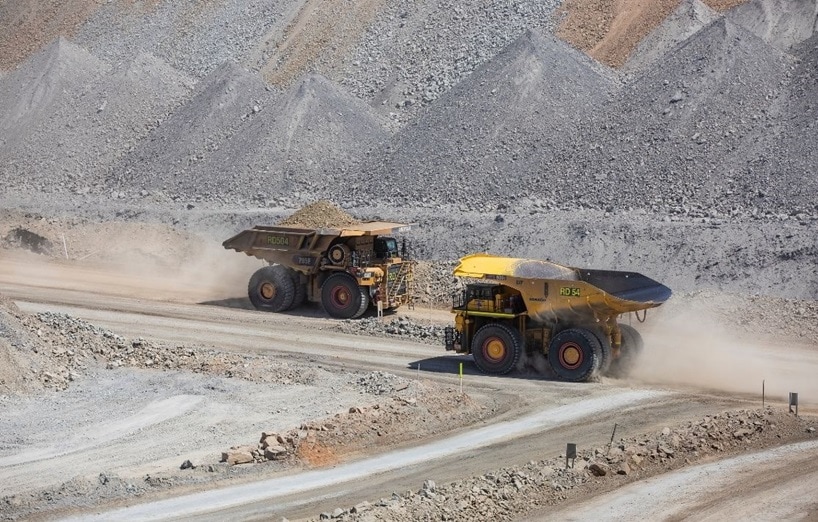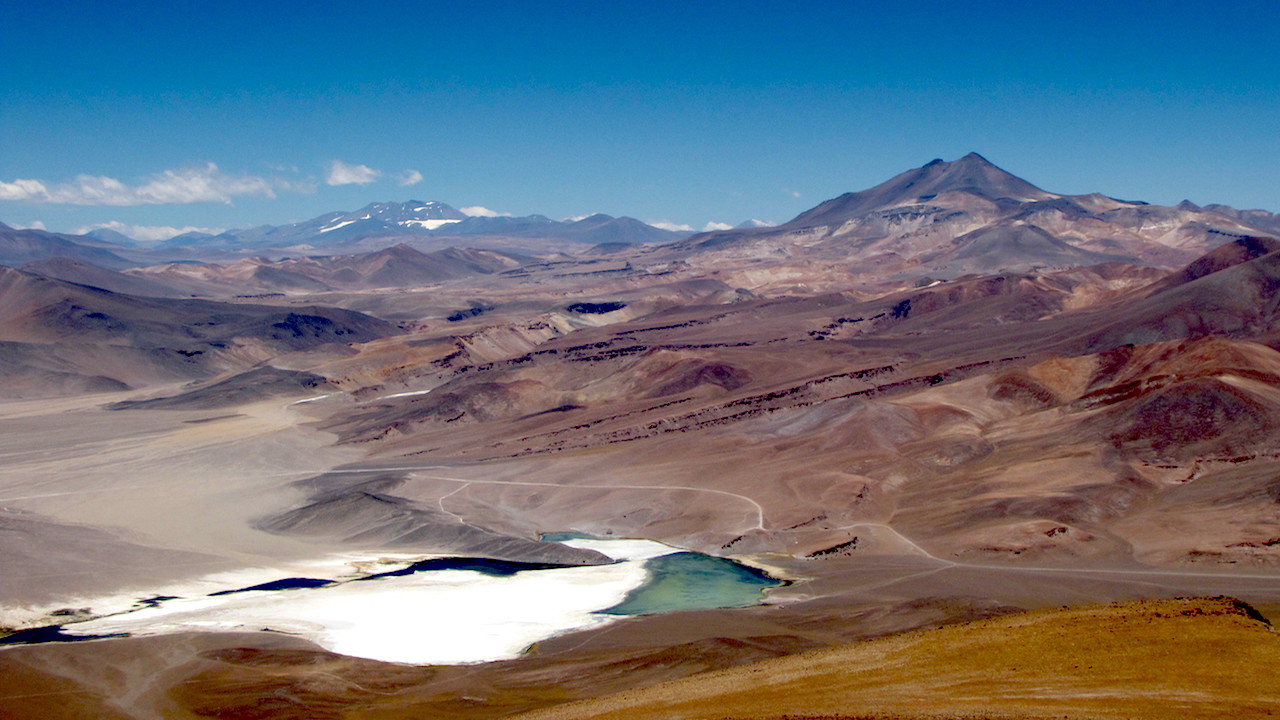New Hope says it’s looking at BHP coal assets

Australian coal miner New Hope Corp. says it will look at mines being jettisoned by BHP Group Ltd. and others as diversified producers move away from the fossil fuel.
New Hope is considering assets in Australia and elsewhere that can produce good quality coal and have long-term production permits, chief executive officer Rob Bishop said in an interview. The company will “definitely look” at the Daunia and Blackwater mines after BHP said last month it would sell them.
Flush with cash after delivering a bumper profit, the miner’s hunt for new assets comes as the dirtiest fossil fuel is under attack from environmentalists, governments and investors due to its contribution to climate change. But while many lenders have sought to break from the sector to avoid the risk of stranded assets, coal demand hit a record last year, driven by China and India.
Read More: Coal use seen peaking next year as India, China determine future
Australia “makes sense” for acquisitions, but New Hope is keeping a “high bar” for any potential deals as royalty hikes and price caps levied on domestic producers have increased the sovereign risk on investments, Bishop said. The company’s focus is on organic growth, he said.
New Hope reported a 102% jump in profit to A$668.6 million ($448 million) for the six months through December on Tuesday. Earnings were buoyed by surging prices for thermal coal even as sale volumes slumped 34% after floods hit output. Its share price jumped as much as 12% in Sydney.
The company, based in Brisbane, can almost double production from its existing assets with very little capital investment, Bishop said. Its portfolio includes the Bengalla and New Acland thermal coal mines on Australia’s east coast, and a stake in the Malabar metallurgical coal mine in New South Wales.
Australian thermal coal prices have plummeted nearly 60% from a peak last September. China’s resumption of imports will increase competition and support prices as nations continue to prioritize energy security, Bishop said. New Hope has sold “a couple” of spot sales to China but is focused on delivering supply to existing customers in Japan, South Korea and Taiwan, he added.
Global underinvestment in new mines will also continue to support prices, as demand for coal will continue to outstrip supply well past 2050, Bishop said.
“It’s hard to see a world where coal is not around for a long time,” he said. “If you already have a license to operate, that’s probably one of the most valuable things for a company at the moment, given it’s very hard to obtain that and it’s only going get harder.”
(By Sybilla Gross, with assistance from Rob Verdonck)
{{ commodity.name }}
{{ post.title }}
{{ post.date }}




Comments